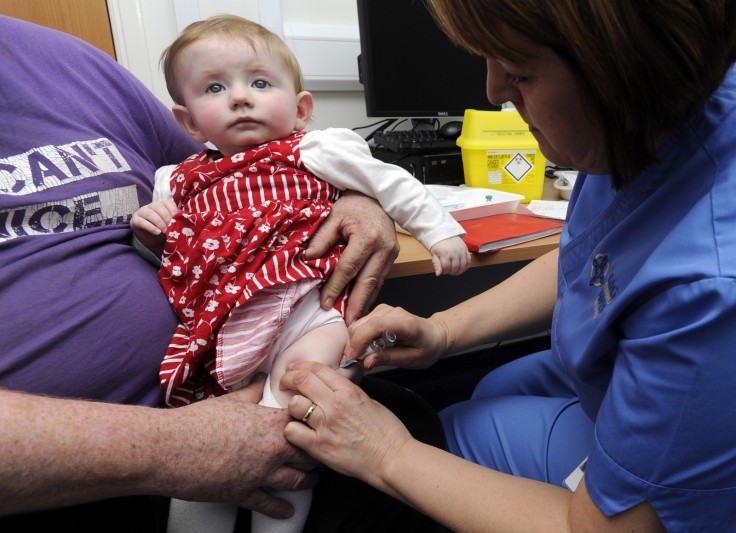Autism, MMR vaccine link disproved yet again

A study has further established that there is no association between measles-mumps-rubella (MMR) vaccine and autism even among children already at higher risk of the disorder.
A research, carried out on approximately 95,000 children with older siblings, recipients of the MMR vaccine were not associated with any significant increased risk of autism spectrum disorders (ASD), regardless of whether older siblings had ASD.
Participants included children continuously enrolled in the health plan from birth to at least five years of age between 2001-2012 who also have an older sibling enrolled for at least six months between 1997 and 2012.
Overall, 994 (1.04%) children in the group had ASD diagnosed during follow-up.
Among those who had an older sibling with ASD, 134 (6.9%) were diagnosed with ASD, compared with 860 (0.9%) diagnosed with ASD among those with siblings without ASD.
The MMR vaccination rate for children with unaffected siblings was 84% at two years and 92% aged five years.
In contrast, the MMR vaccination rates for children with older siblings with ASD were lower (73% at two years of age and 86% at five years).
The findings were published in Jama.
Following a study alleging a link between the MMR vaccine and autism, parents have been wary about vaccinating their children. The UK study by Andrew Wakefield was later discredited and Lancet retracted the publication.
Research since then has failed to find a link between vaccines and autism. However public opinion has not changed much.
Surveys of parents who have children with ASD suggest that many believe the MMR vaccine was a contributing cause.
Knowing that younger siblings of children with ASD are already at higher genetic risk have prompted parents to avoid vaccinating their younger children.
The recent outbreak of measles in the US was largely caused by lack of vaccination among some children whose parents believed that the vaccine is dangerous and that measles was not.
Measles, while not always fatal, is a potentially serious and highly communicable respiratory disease caused by a virus and spreads in the air.
Pneumonia or a serious lung infection, lifelong brain damage, deafness and death in some cases are reasons why the MMR shot is recommended.
The earliest version of the MMR vaccine, developed by John Franklin Enders in 1958 was a live virus vaccine but since then, the vaccine has been attenuated to cause the slightest of symptoms by way of a fever, and not the disease.
Vaccines work by triggering antibodies within the body without actually causing the disease.
© Copyright IBTimes 2025. All rights reserved.





















